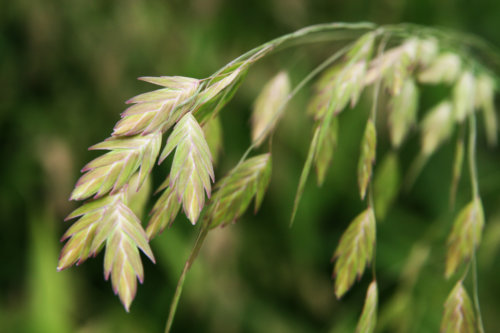The 5 Best Naturals Remedies for Acne
Acne care might be one of the most profitable categories within the skin care industry, with most companies devoting specific lines to the treatment. As the weather transitions into Fall and our faces are exposed to more cold brisk air, heightened skin irritations emerge. Those frustrating little red irritations, or acne, can seem like they are never going away, and treatment can feel like an elusive and endless procedure that takes multiple forms of treatment: toner, cleanser, face masks, and prescription creams. With these treatments comes a litany of chemicals and other potential skin irritants, though many plant-based alternatives have proven equally effective. Here are five time-tested natural remedies that do the trick:
Tea Tree Essential Oil
Tea tree essential oil, also called melaleuca oil, is best known for its antiseptic qualities which make it a surprisingly-powerful and potent remedy for acne. When applied as a spot treatment, tea tree oil rapidly dries the affected area, helping speed along the process of reducing redness. It should be diluted with a carrier like witch hazel oil to about 10-15% of the solution. Tea tree essential oil is so strong that can drastically dry your skin, even causing it to overproduce more oil. The essential oil is taken from the Melaleuca Alternifolia tree, a species of the Melaleuca tree of which there are around 250 varieties. Tea tree specifically is native to Australia.
Honey Face Mask
Honey has antiseptic and antibacterial qualities, and as such makes an effective acne treatment. Honey is commonly used to clean wounds as well as to help heal less severe burns. Honey can be applied directly to the affected area, or all over your entire face as a mask. Interested parties can also mix in cinnamon, which can aid in cleansing the pores. Leave it on for half an hour, and then rinse. Raw or manuka honey are the best options for skin treatment, as the potency and freshness maximize honey’s healing capacity.
Oatmeal Face Mask
Oatmeal is a favorite for many skin care companies. In order to prepare it as a facial mask, simply cook the oatmeal until it becomes a soft paste. Then, leave it on for 20 minutes. You can also add honey or olive oil into the mixture if your face is generally dry or needs moisturizing. Oatmeal’s soothing qualities make it an attractive option for overall skin care; it gently extracts excess oil in a noninvasive way while simultaneously exfoliating.
Olive Oil Face Wash
Given that one of the main culprits for acne is excess oil, it might seem counterintuitive to wash your face with olive oil. In fact, traditional soap often contains harsh ingredients (like salicylic acid) that strip your skin of natural oils, leaving it overly dry, and causing the skin to overcompensate by producing extra oil — a seemingly endless cycle. A simple way to counter the feedback loop is to switch to an oil-based cleaner. You can use olive oil as you would any other face wash: simply massage it into the skin and rinse it off, then wipe your face with a hot steamed towel. It may feel strange at first, but olive oil face wash leaves your face clean and hydrated — without actually making your skin more oily.
Rose Water Tonic
Rose water has countless uses both in food and in the beauty world, but in the realm of skin care, it’s famously used as face tonic. Rose water is an edible product made by steeping rose petals in water. You can apply this gently hydrating and cleansing agent as a tonic by dabbing the rose water on your face with a cotton ball, or by filling a fine spray bottle with the solution and using it to “mist” your face. Depending on individual preference, rose water can be used as a supplement before a more standard cleanser, or simply on its own. Of course, the scent is an added bonus, and the application leaves a refreshing tingling feeling on your skin.







































